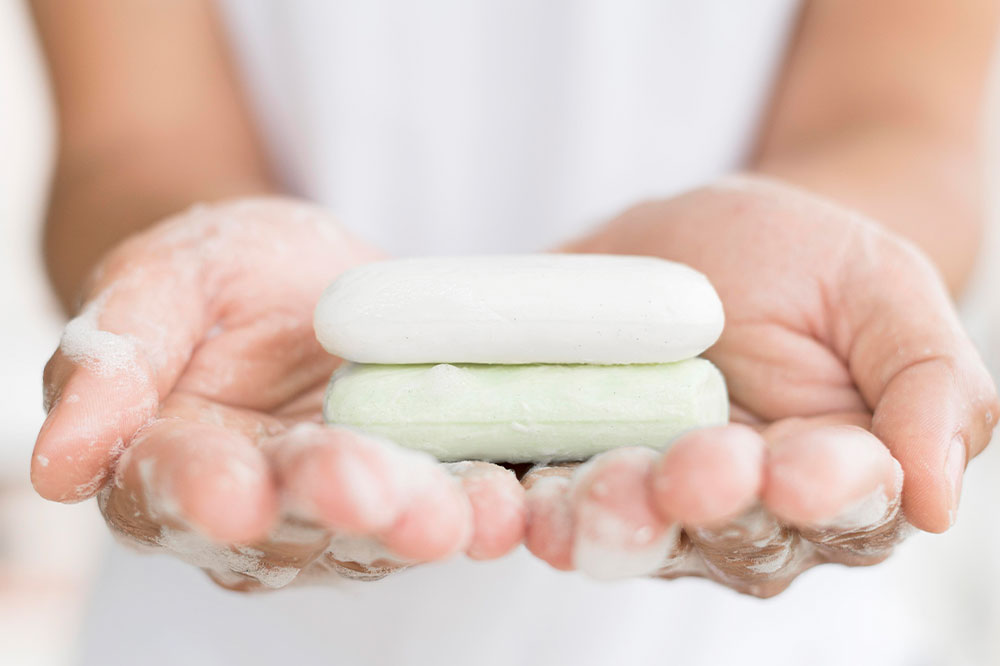4 mistakes that could make eczema worse

Itchy, dry, inflamed skin is a common symptom experienced by people with eczema. The most prevalent type of eczema, known as atopic dermatitis, affects almost 18 million people in the country, and it causes red, itchy, and scaly areas of skin all over the body. Effective prescription treatments can be employed in treating eczema, but it is also important to safeguard and hydrate a person’s skin throughout the day.
Unfortunately, some of our daily lifestyle practices and inclinations may aggravate eczema symptoms. One may not even be aware of the harm they’re causing to their skin. Stay away from these common eczema mistakes to keep your skin moisturized and protected.
Four mistakes eczema patients should avoid
Here are the four most common mistakes that a person with eczema may make. These mistakes must be avoided to prevent the symptoms from worsening.
Choosing the wrong moisturizer
Instead of lotions, people with eczema should use moisturizing creams and ointments. The high oil content in creams and ointments enhances their ability to seal in moisture. In contrast, most lotions have greater water content and won’t keep the skin hydrated for as long. In humid conditions, opt for a cream rather than an ointment because the latter tends to trap heat and can make you feel worse.
Spending too much time in the shower
Although unwinding under a hot shower sounds like a wonderful way to end the day, excess heat and suds can aggravate eczema. Doctors advise against using too much hot water, which can irritate and dry out your skin. It’s best to keep baths and showers under 10 minutes, and only use tepid water.
Scratching the skin
Constant skin itchiness is one of the most difficult eczema signs to manage. However, continuous scratching will only aggravate the eczema and increase the risk of infection by creating open wounds.
Try lightly pinching the skin near the itchy area rather than directly scratching it. Wear long-sleeved clothing made of natural fibers, such as cotton and silk, to protect the skin because covered skin is less likely to be scratched.
Not reducing stress levels
Although stress is a normal part of human life, poor stress management can affect your mental health. One of the main causes of eczema flare-ups, stress can even increase the urge to itch. This is why learning stress-reduction methods is essential. If a person struggles with eczema, it is likely that they have high stress levels.
Spend some time breathing and practice meditation when you notice your stress levels rising. Try journaling, walking, or tai chi to better control your eczema and tension.
Eczema does not have a complete cure yet. But the symptoms can be managed up to a large extent. One should consult a physician if they are unable to manage the symptoms. A doctor can provide advice for maintaining healthy skin. Each person’s body is unique, but with a doctor’s guidance, one can avoid making eczema mistakes to maintain calm, clear skin for a very long time.

